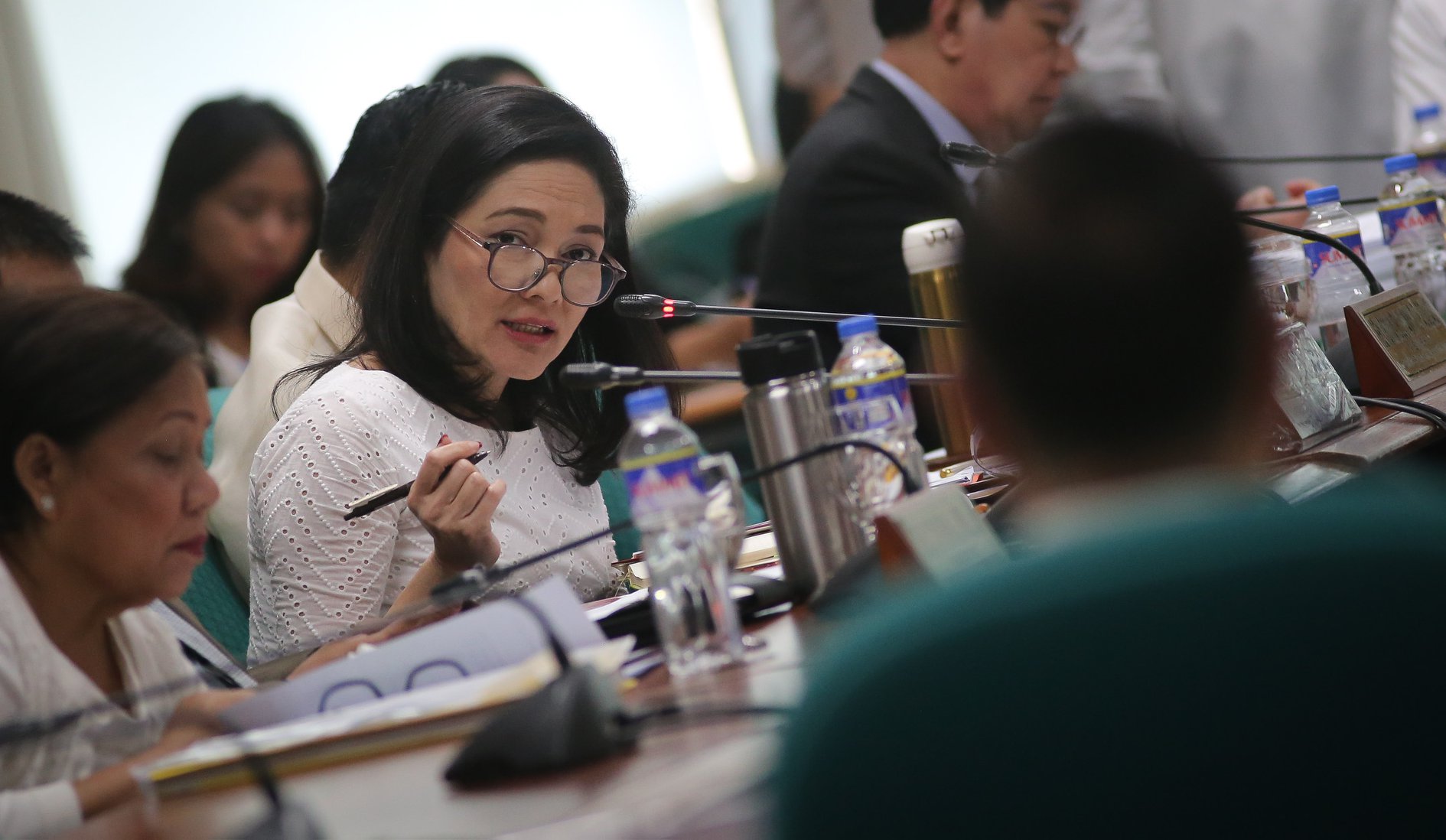
Akbayan Senator Risa Hontiveros has filed a resolution urging a legislative probe into the Philippines’ power transmission sector amid recent revelations of foreign access to and control over the country’s power grid system.
In proposed Senate Resolution No. 223, Hontiveros called on the Senate to conduct an investigation in aid of legislation and a national security audit of the operations and facilities of the National Grid Corporation (NGCP), the country’s power transmission service provider. The NGCP is 40 percent owned by the State Grid Corporation of China.
During the audit, Hontiveros said, lawmakers will “review and evaluate the performance of the NGCP,” as well as investigate reports that China may control and remotely shut down the country’s power transmission system.
“We need to know for certain if our energy systems and infrastructure fully remain under Filipino control, and if we have implemented the technical safeguards needed to prevent foreign interference in or sabotage of our national electricity grid,” Hontiveros said.
Hontiveros pointed to reports of ‘foreign executives’ connected with the NGCP who have been hiring and deploying foreign drivers and engineers, in violation of Section 11, Article XII of the 1987 Constitution – which requires executive and managing officers of public utilities like NGCP to be Filipino citizens – and the Anti-Dummy Law.
She also noted reports claiming that only Chinese engineers have been able to troubleshoot, operate and control the NGCP’s power transmission facilities “because of the currently-installed information and communication technology for the automatic and remote monitoring and control of said facilities.”
At the Senate’s deliberation of the energy department’s 2020 budget, National Transmission Corporation (TransCo) President Melvin Matibag also confirmed that “it was possible for a hostile 3rd party to disable the country’s power grid remotely.” Matibag revealed that despite exercising oversight functions over NGCP, Transco’s access to NGCP’s facilities has been limited.
“If these reports are true, these vulnerabilities pose a grave risk to public infrastructure, to national security, and to the daily lives of our people. We must address and correct these flaws immediately,” Hontiveros said.